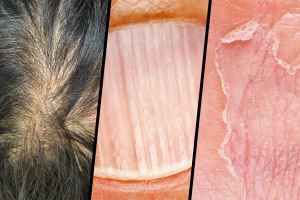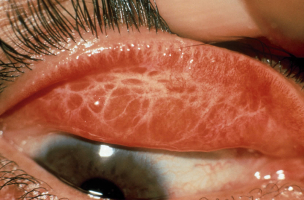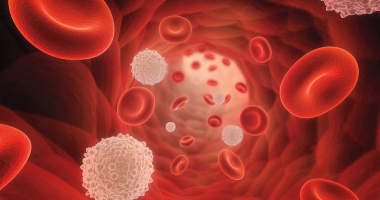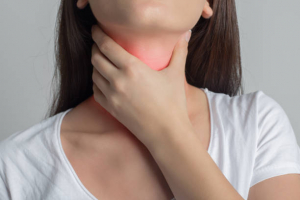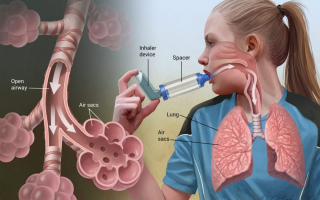Top 10 Signs and Symptoms of Vitamin D Deficiency
Vitamin D is sometimes called the sunshine vitamin because your body makes it from cholesterol when your skin is exposed to sunlight. This vitamin helps in ... read more...immune health, specifically regarding COVID-19. It’s also critical to bone health and many important functions throughout your body. Even though certain foods, such as fatty fish and fortified dairy products, do contain this vitamin, Vitamin D deficiency and insufficiency are rather common. Below are some of the Signs and Symptoms of Vitamin D Deficiency!
-
One of vitamin D's most important functions is to support immune health, which helps you fight off viruses and bacteria that cause illness. Vitamin D interacts directly with the cells responsible for fighting infections. If you get sick frequently, especially with colds or the flu, low vitamin D levels may be a factor. A deficiency has been linked to respiratory tract infections such as colds, bronchitis, and pneumonia in several large observational studies.
A number of studies have found that taking up to 4,000 IU of vitamin D daily may reduce the risk of respiratory tract infections. Recently, vitamin D deficiency has been linked to an increased risk of COVID-19, as well as an increased risk of experiencing severe effects from the condition. However, it is important to note that taking vitamin D supplements at any dosage will not prevent COVID-19.

via: Cleveland Clinic's Health Essentials 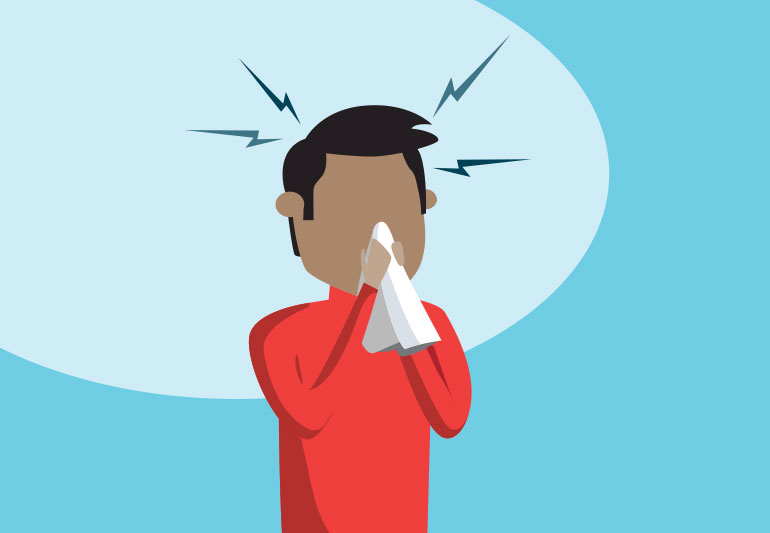
via: Johns Hopkins Medicine -
Tiredness can be caused by a variety of factors, one of which is a vitamin D deficiency. In contrast to more obvious causes such as stress, depression, and insomnia, vitamin D deficiency is frequently overlooked as a potential cause of fatigue. One study of 480 older adults found a link between vitamin D deficiency and fatigue symptoms. Furthermore, a study of 39 children found that low vitamin D levels were associated with poor sleep quality, shorter sleep duration, and later bedtimes.
One observational study of female nurses discovered a strong relationship between low vitamin D levels and self-reported fatigue. Furthermore, 89 percent of the participants were vitamin D deficient. Interestingly, several studies have found that supplementing with this vitamin may lessen the severity of fatigue in people who are deficient. Even children with vitamin D deficiency are susceptible to sleep problems, according to a study published in the Journal of Clinical Sleep Medicine. This deficiency was linked to decreased sleep duration, poorer sleep efficiency, and even delayed bedtimes. Future research in children should look into whether vitamin D deficiency causes sleep disturbances or the other way around, according to the authors.

via: Harvard Health 
via: Open Access Government -
Vitamin D promotes bone health by improving calcium absorption in the body. As a result, bone and lower back pain may be symptoms of low vitamin D levels. In one study of 98 adults with lower back pain, lower levels of vitamin D were linked to more severe pain. A large research review, however, discovered that this association was inconsistent across other similar studies.
Vitamin D is essential for bone and muscle function and has anti-inflammatory properties. As a result, vitamin D can help relieve joint pain, especially when inflammation is the cause. A meta-analysis of 81 studies also discovered that people with arthritis, muscle pain, and chronic widespread pain had lower levels of vitamin D than those who did not have these conditions. According to a 2012 study, vitamin D deficiency may be a risk factor for the onset of inflammatory diseases and may worsen their severity.
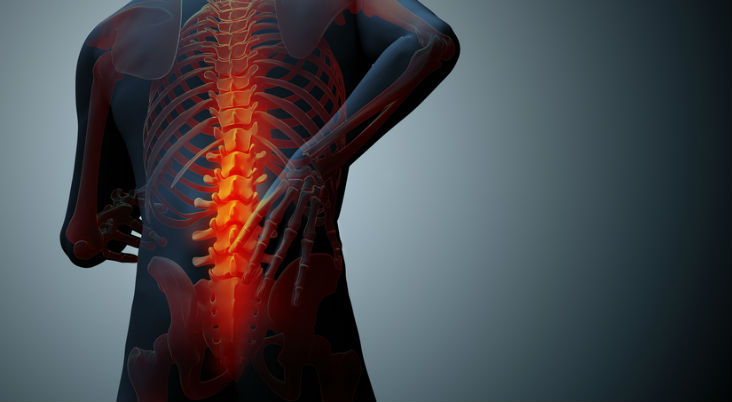
via: Arkansas Surgical Hospital 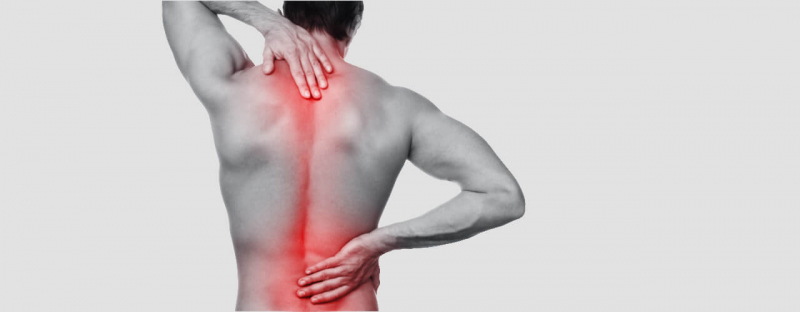
via: Orthopedic & Sports Medicine Center of Oregon -
Although some study results are contradictory, vitamin D deficiency has been linked to depression, particularly in older adults. The effects of vitamin D supplements have been mixed, but some studies have found that they can help relieve depression symptoms. A number of studies, in particular, have suggested that low levels of vitamin D during pregnancy are linked to postpartum depression, which is a type of depression that occurs in the days, weeks, and months following childbirth.
Some clinical depression symptoms, such as social withdrawal and eating difficulties, may contribute to vitamin D deficiency. People who withdraw socially are less likely to spend as much time in public, which means they may not get enough sun exposure to produce adequate amounts of vitamin D. People suffering from severe depression may struggle to get out of bed, whereas those suffering from milder forms of the illness may travel from home to work and back again but rarely engage in outdoor activities. Because social isolation can exacerbate depression symptoms, healthcare professionals advise people suffering from the illness to spend time with others. They will likely get more sunlight and increase their vitamin D levels as a result of this process.

via: Everyday Health 
via: Vinmec -
Slow wound healing after surgery or injury may indicate a deficiency in vitamin D. Vitamin D, which is well known for its ability to increase intestinal calcium absorption and plasma calcium levels, has recently been shown to be beneficial in a variety of vascular diseases by promoting angiogenesis and inhibiting inflammatory responses. In fact, a test-tube study found that vitamin D increases the production of compounds required for the formation of new skin as part of the wound-healing process. A meta-analysis of four studies discovered that vitamin D deficiency hampered certain aspects of healing in people who had dental surgery.
The role of vitamin D in reducing inflammation and fighting infections may also be important for proper healing. An older study of 221 people, 112 of whom had diabetes-related foot infections, discovered that those with severe vitamin D deficiency had higher levels of inflammatory markers that can jeopardize healing. In a 12-week study of 60 people with diabetes-related foot ulcers, those who took a vitamin D supplement had significantly better wound healing than the placebo group.
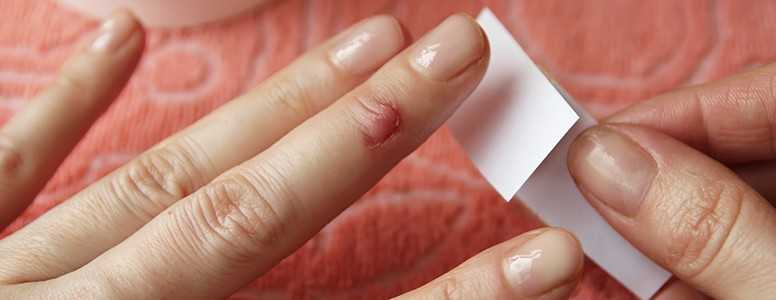
via: Diabetes UK 
via: Twitter -
Vitamin D plays a crucial role in calcium absorption and bone metabolism. This is important because taking vitamin D and calcium at the same time helps your body maximize absorption. Low bone mineral density is an indication that your bones have lost calcium and other minerals. This places older adults, especially women, at an increased risk of fractures.
Researchers discovered a strong link between low vitamin D levels and low bone mineral density in a large observational study of over 1,100 middle-aged menopausal or postmenopausal women. According to a study published in Science Translational MedicineTrusted Source, a vitamin-D deficiency increases the start and spread of bone fractures by up to 31%. Vitamin D deficiency also affects bone quality by altering the function of bone-building cells known as osteoblasts and osteoclasts.
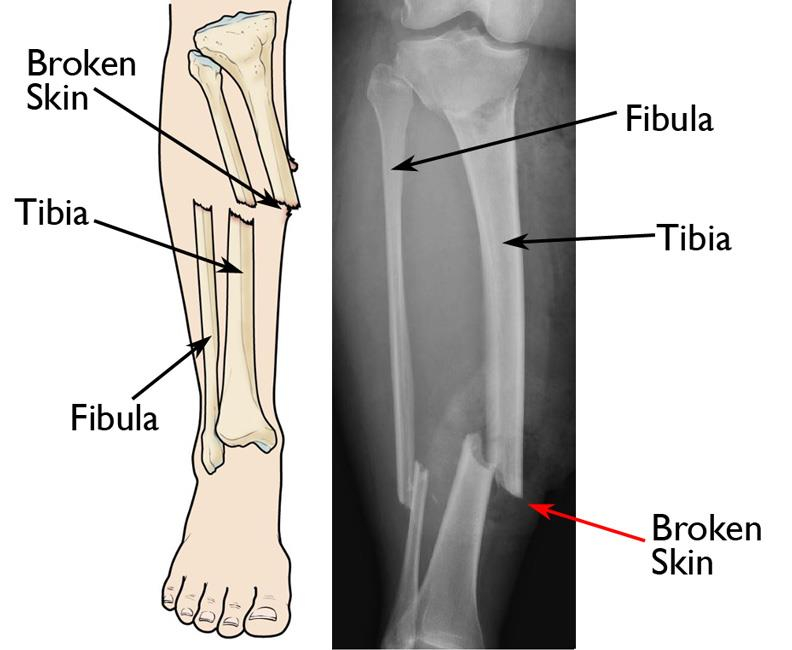
via: OrthoInfo - American Academy of Orthopaedic Surgeons 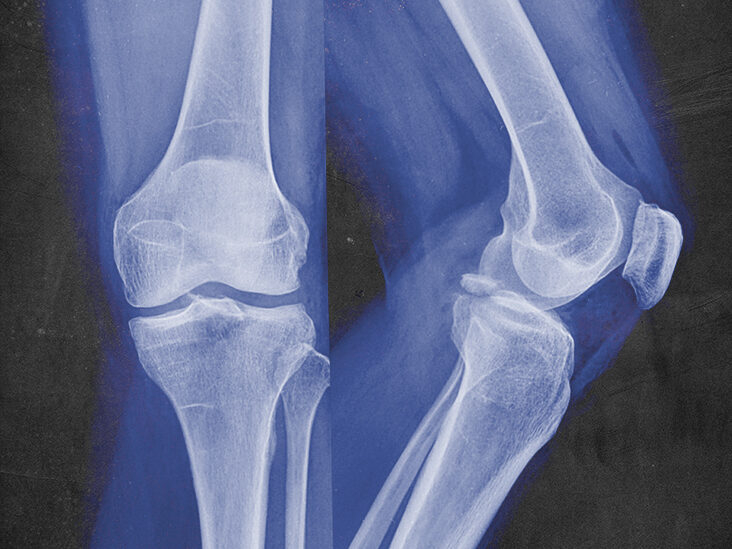
via: Medical News Today -
Keratinocytes in the skin metabolize vitamin D. These are skin cells responsible for the breakdown of keratin, a protein found in hair, nails, and skin. When the body lacks vitamin D, keratinocytes in hair follicles struggle to regulate hair growth and shedding. Low vitamin D levels have been linked to telogen effluvium, or excess hair shedding, alopecia areata, an autoimmune disorder in which hair falls out in clumps, and female pattern hair loss, according to a 2017 review published in the International Journal of Molecular Sciences.
According to a 2019 study published in the Indian Dermatology Online Journal, vitamin D deficiency can worsen hair loss over time. In addition, a 2016 study published in the International Journal of Trichology discovered that women with hair loss were more deficient in vitamin D than men. In one study of people with this condition, lower vitamin D levels were linked to more severe hair loss. Another study in 48 people with this condition found that applying a synthetic form of vitamin D topically for 12 weeks increased hair regrowth significantly. According to another study, vitamin D levels may have an inverse relationship with non-scarring hair loss. This means that higher vitamin D levels resulted in less hair loss in the study and vice versa.

via: Health 
via: CRLAB -
Vitamin D is a fat-soluble vitamin that aids in the absorption of dietary calcium and phosphorus from the intestines and inhibits the release of parathyroid hormone, a hormone that promotes bone resorption. Vitamin D helps to maintain bone health and improves muscle and immune function. As a result, women over the age of 65 may gain weight due to a lack of vitamin D or low levels of vitamin D (vitamin D deficiency). One study found that older women with low vitamin D levels gained more weight over 5 years than women with adequate levels of the vitamin.
However, the amount of weight gained was relatively small, about 2 pounds and the women with low levels of vitamin D weighed more at the start of the study than the women who had adequate vitamin D levels. Studies have also shown that being overweight is a risk factor for vitamin D deficiency. While vitamin D deficiency may be seen in cases of obesity, further studies are needed to determine whether supplementing with this vitamin helps prevent weight gain.
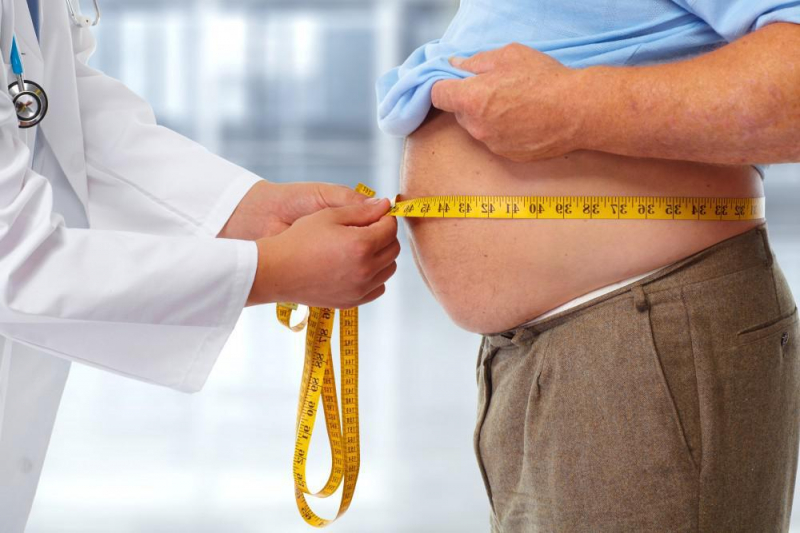
via: Tarpon Interventional Pain & Spine Care 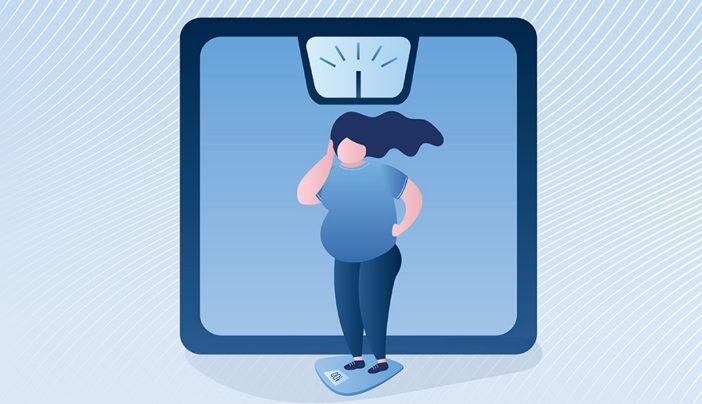
via: MD Anderson -
Muscle pain is frequently difficult to diagnose. However, evidence suggests that vitamin D deficiency may be a contributing factor. An older study discovered that 71% of people with chronic pain had a vitamin deficiency. The vitamin D receptor is found in pain-sensing nerve cells called nociceptors. This vitamin may also be involved in pain signaling pathways in your body, which may play a role in chronic pain. According to a few studies, high-dose vitamin D supplements may reduce various types of pain in people who are vitamin D deficient. One study in 120 children with vitamin D deficiency who had growing pains found that a single dose of this vitamin reduced pain scores by an average of 57%.
One finding shows that 4 weeks of a vitamin D-deficient diet produces muscle mechanical hypersensitivity and balance deficits. Instead of correcting this phenotype, increased dietary calcium accelerated its development. Concurrent with muscle hypersensitivity was skeletal muscle hyperinnervation by putative nociceptor axons. This appears to be due to direct actions of vitamin D metabolites on rapid response VDRs, as both 1,25(OH)2D3 and the rapid response specific agonist 6-s-cis-lumisterol (JN) regulated neurite outgrowth by peripherin-positive sensory neurons in culture. The greater density of “pain-sensing” nerves in muscles of vitamin D-deficient rats may therefore contribute to the observed hypersensitivity.

via: Everlywell 
via: Leukaemia Care -
According to research, there is a strong link between vitamin D deficiency and anxiety. For six months, participants in one study were given vitamin D supplements. The Hamilton Anxiety Rating Scale 14 was used to assess participants' levels of anxiety. One group received no vitamin D supplements at all. Finally, vitamin D supplements significantly reduced anxiety symptoms in the group compared to the control group.
A study published in the Journal of Diabetes investigated whether supplements could improve mental health and type 2 diabetes. For six months, 46 women took part in the study and completed a survey about their mental health. The study discovered that taking vitamin D supplements significantly reduced anxiety levels in women with type 2 diabetes. Another study discovered that people who were anxious had lower levels of calcidiol. Calcidiol is a byproduct of vitamin D breakdown. The study also mentions that ancient literature suggests a link between vitamin D deficiency and anxiety.

via: Psycom.net 
via: Stylist


















